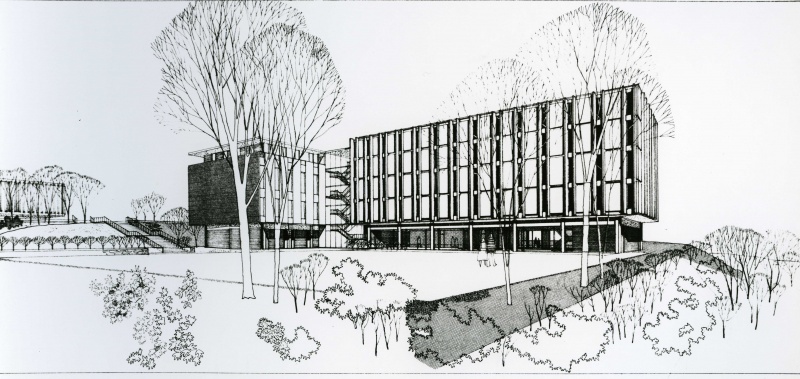PDF
If we are attacked, let us be prepared : Canada and the failure of civil defence, 1945-1963 Item Info
- Title:
- If we are attacked, let us be prepared : Canada and the failure of civil defence, 1945-1963
- Creator:
- Burtch, Andrew Paul
- Date Created:
- 2009
- Degree Awarded:
- Doctor of Philosophy
- Subjects:
- Civil defense readiness Cold War Atomic bomb Safety measures Nuclear warfare and history Canada
- Geographical Focus:
- Canada
- Supporting Materials:
- n/a
- Description:
- During the early years of the Cold War, Canada created a civil defence organization to prepare Canadians for a possible nuclear attack. This enormous task required the cooperation of the federal, provincial, and municipal governments. A key element to its success was persuading the public to incorporate the principles of preparation into everyday life. Through exhibits, exercises, and public appeals, Canada’s civil defence agencies exhorted citizens to volunteer as air raid wardens, to stockpile essential supplies, and to build fallout shelters underground where they could wait out the nuclear storm. Drawing from the extensive records of the Department of National Defence, the Department of National Health and Welfare, the Emergency Measures Organization, along with other government and manuscript documents and media sources, this dissertation explains the evolution of Canada’s CD policies and addresses the question of why governments, institutions, and the public consistently refused to make the preparations expected of them in the face of nuclear extinction. Civil Defence proved to be a controversial and ultimately unsuccessful program. Its failure hinged on the nature of the CD relationship between the state and its citizenry, the inadequacies of government planning, and the balance of civil-military relations in Canada in the Cold War. In CD publicity, officials informed Canadians that their participation was a civic duty in the nuclear age, and equated community defence with guarding the values and freedoms associated with citizenship. Canadians rejected their prescribed obligation to support CD, some believing that an atomic defence was impossible, others arguing that the federal government or the armed forces should provide protection to civilians. The federal, provincial, and municipal governments could never agreed on the proper division of financial and political responsibility, which led to bitter debates that undermined the credibility of CD programs and confused the public. The Canadian military proved uninterested in assisting with CD, and, once enlisted by the federal government to lead national survival efforts, Canada’s soldiers proved incapable of providing any meaningful support to the civilian population. As a result of all of these factors, Canadians were unconvinced of the efficacy of strategies proposed by governments for their protection, and Canada was completely unprepared to survive a nuclear war.
Source
- Preferred Citation:
- Burtch, Andrew Paul. If we are attacked, let us be prepared : Canada and the failure of civil defence, 1945-1963. 2009. Carleton University, Doctor of Philosophy.
- Reference Link:
- https://cuhistory.github.io/grads/items/hist_122.html
Rights
- Rights:
- Copyright the author, all rights reserved, unless otherwise indicated.

